A skills-based labour market is developed by uniting various organisations in career programmes, to support the sustainable employability of lower- and medium-skilled workers.
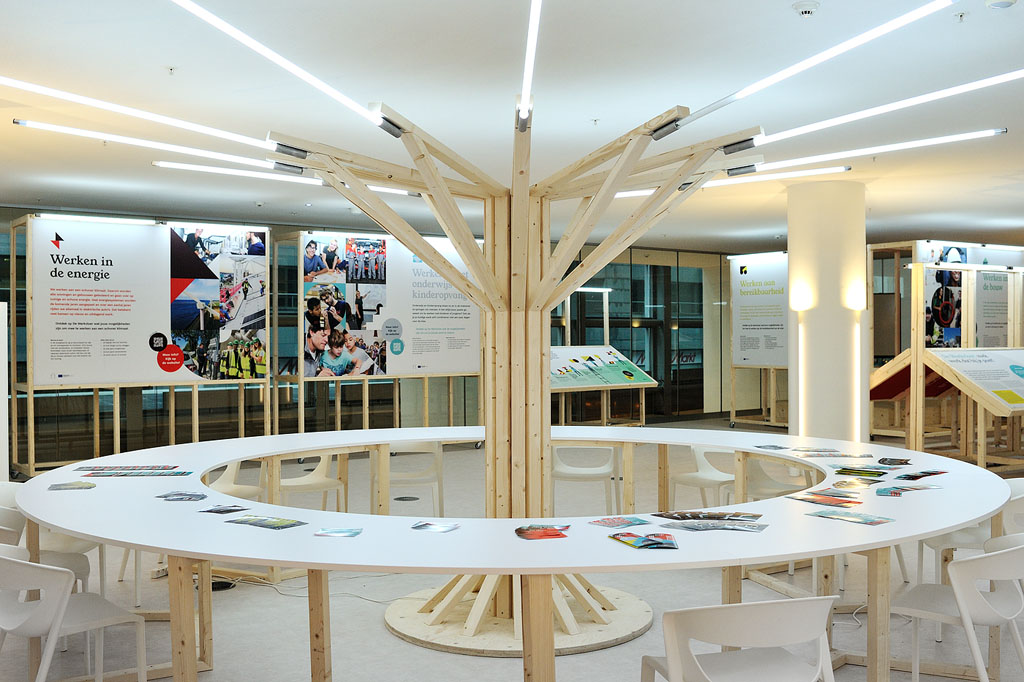

A skills-based labour market is developed by uniting various organisations in career programmes, to support the sustainable employability of lower- and medium-skilled workers.

A trades-based training approach in a facility for young adults fills key-skill gaps in the local labour market.
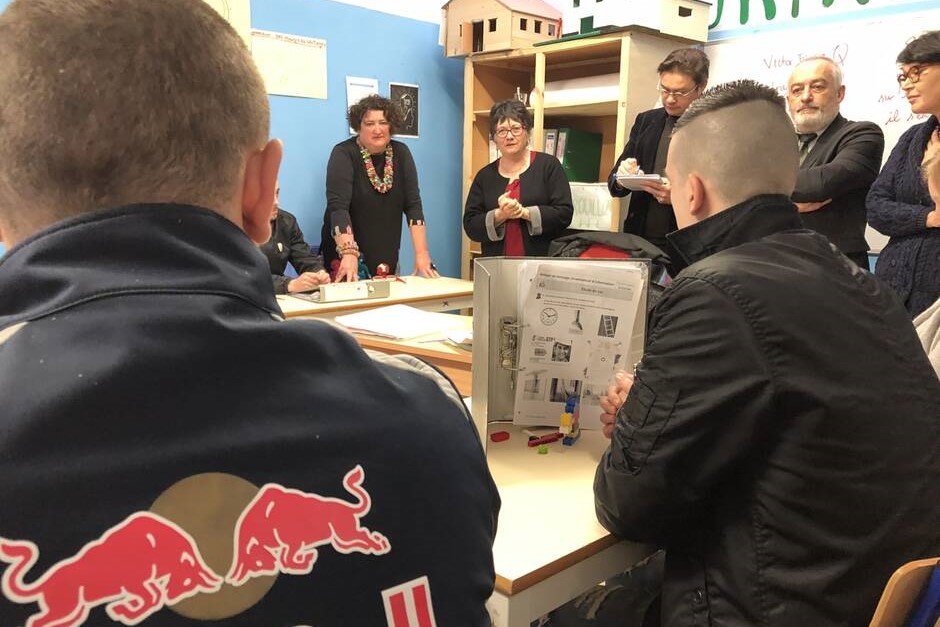
Rehabilitation of prisoners is put into practice through the provision of professional and life-skills training that culminates in a certificate.
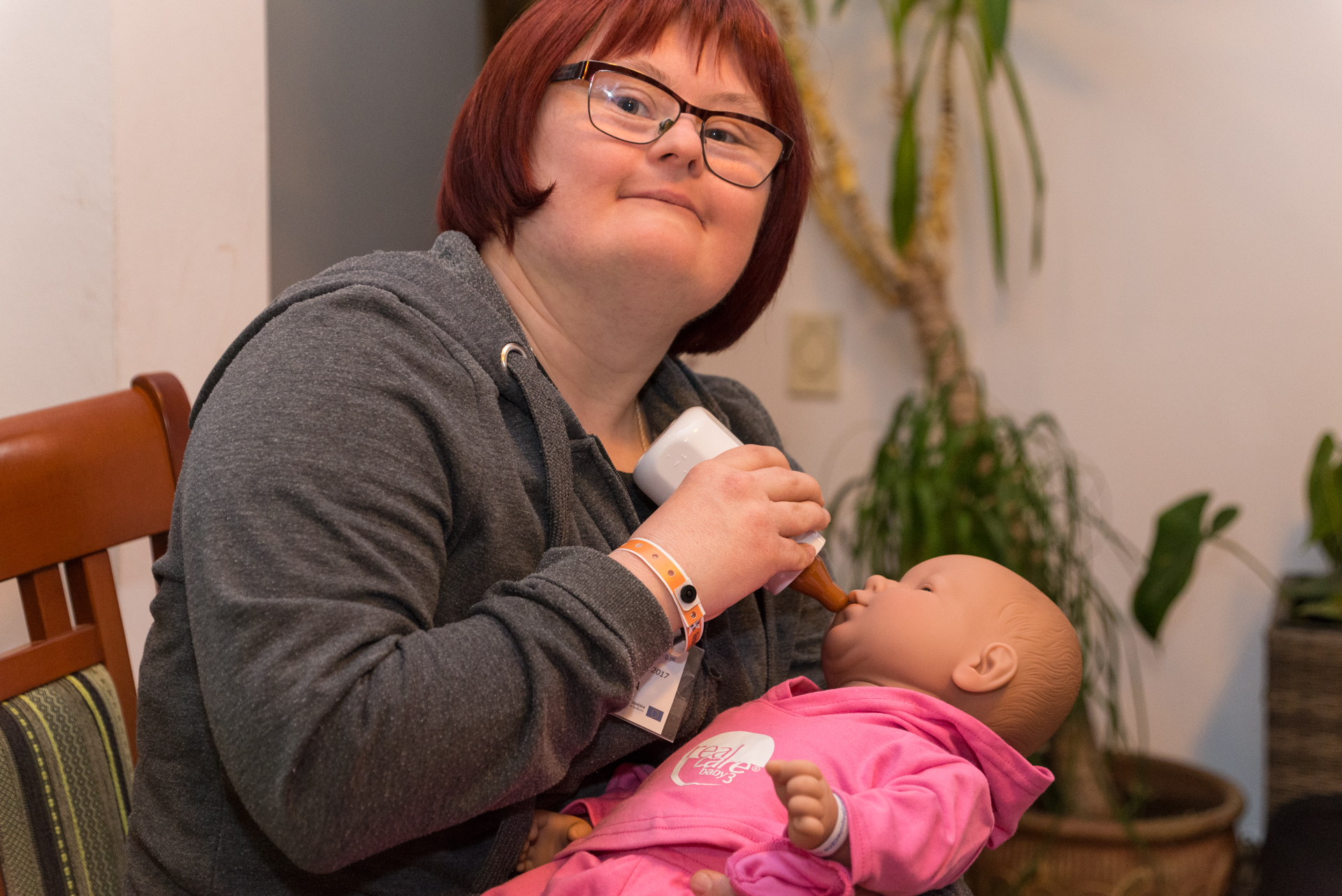
Educational workshops prepare adults with intellectual disabilities for parenthood.
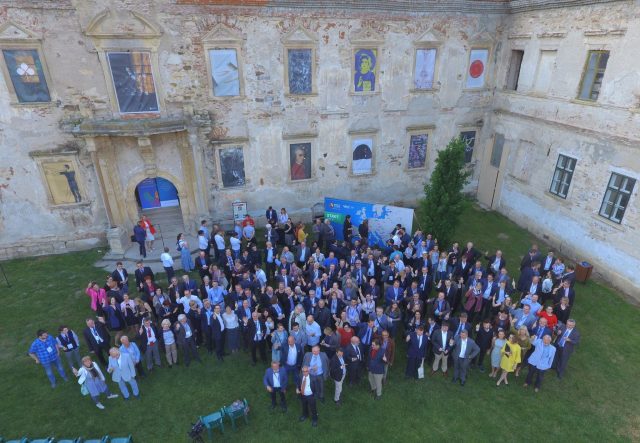
This programme promotes linguistic diversity and minority languages in Europe through cultural support, policy making, and the creation of a European Language Diversity Centre.
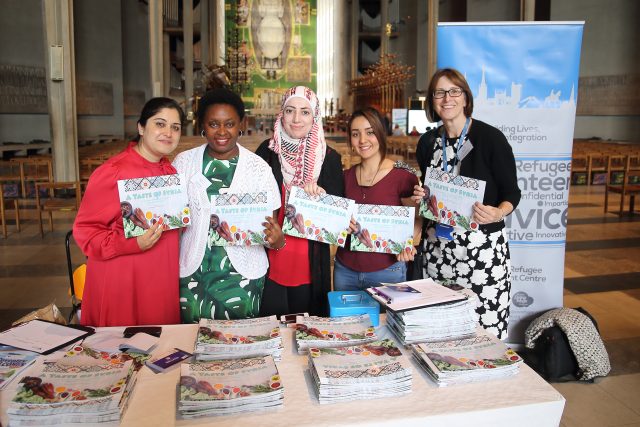
A unique, multi-sectoral project brings together migrants, employers, citizens, and other services, to establish strong communities, build businesses, improve people’s lives, and foster integration.
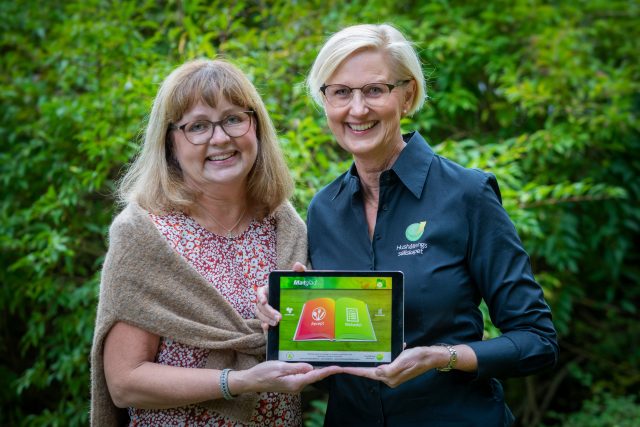
A simple cooking app for people with mental impairments helps them prepare their own meals to strengthen their self-esteem.
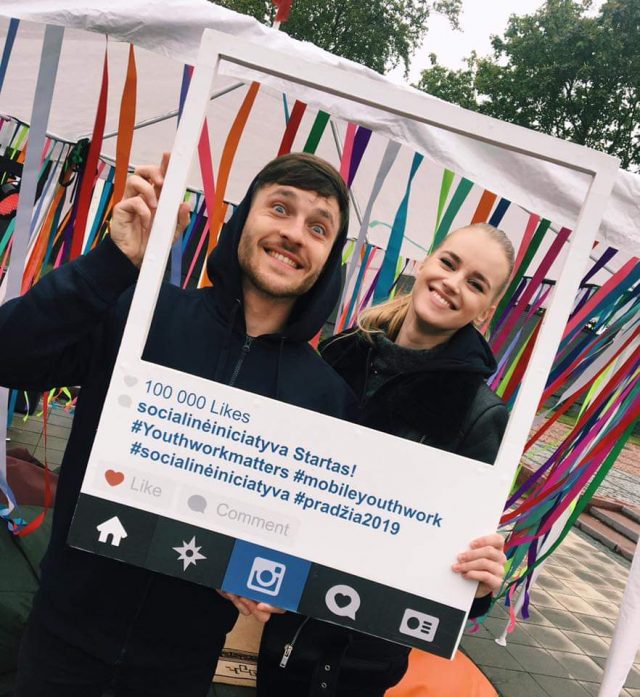
Mobile youth workers from a social business company are assigned by the municipality to provide young people in rural Lithuania with individualised social and psychological support to help them reach their full potential.
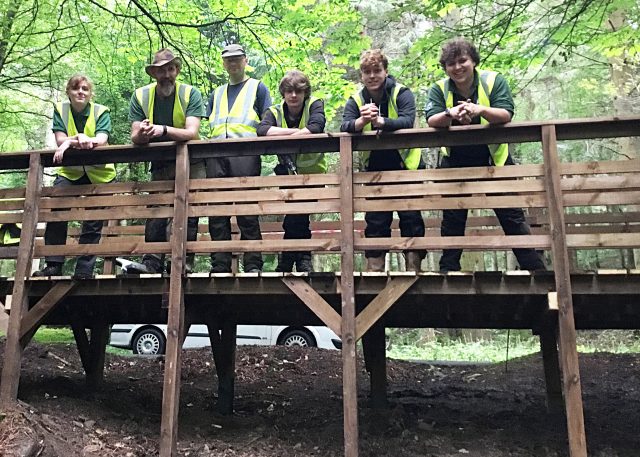
Young people gain access to work thanks to a person-centred approach that teaches key skills and builds confidence, tackling a complex range of social issues and economic barriers.

A gamified approach closes the gap between a low-skilled labour force and the fast-growing technical sector, with the help of a skills passport and a tailored education programme for job seekers.
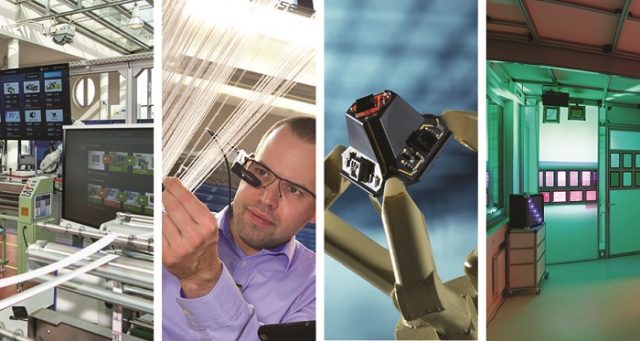
The government provides small- and medium-sized companies with expert guidance and advice on how to take part in the digital transformation, through a cross-sectoral programme of knowledge and technology transfer.
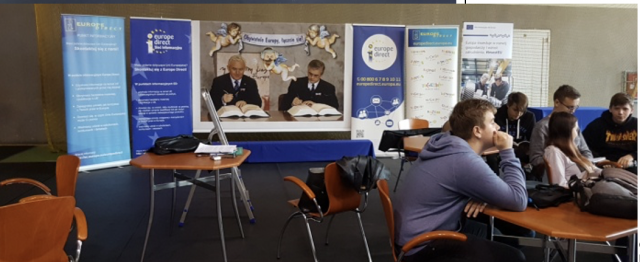
A series of events and activities are co-designed by participants from the administrative, educational, and non-governmental sectors to educate the new generation about the conditions necessary for the development of open democracy.
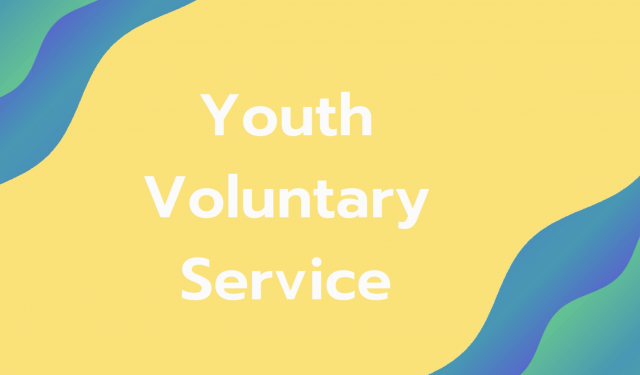
Encouraging and rewarding the voluntary services of young people through the implementation of an official programme with mentors.
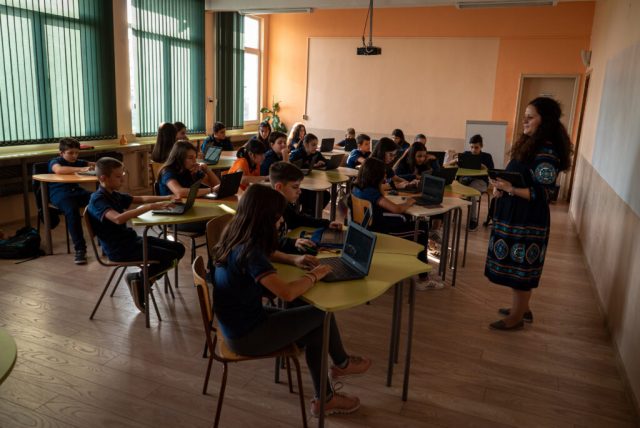
Cloud technologies make the digitalisation of every aspect of the education process possible, allowing students to learn online anywhere and at anytime, preparing students for a future digital world and improving the effectiveness and efficiency of the education process as a whole.
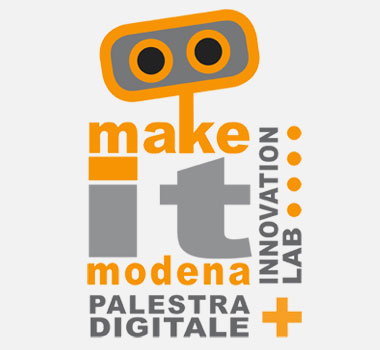
“Cyber-workouts” help children and adults gain digital literacy, realise digital projects, and spread open-source culture.

Finland seeks to educate 1% of European citizens in the basics of Artificial Intelligence to bring to the EU an understanding and capability to match China and the USA in these applications.
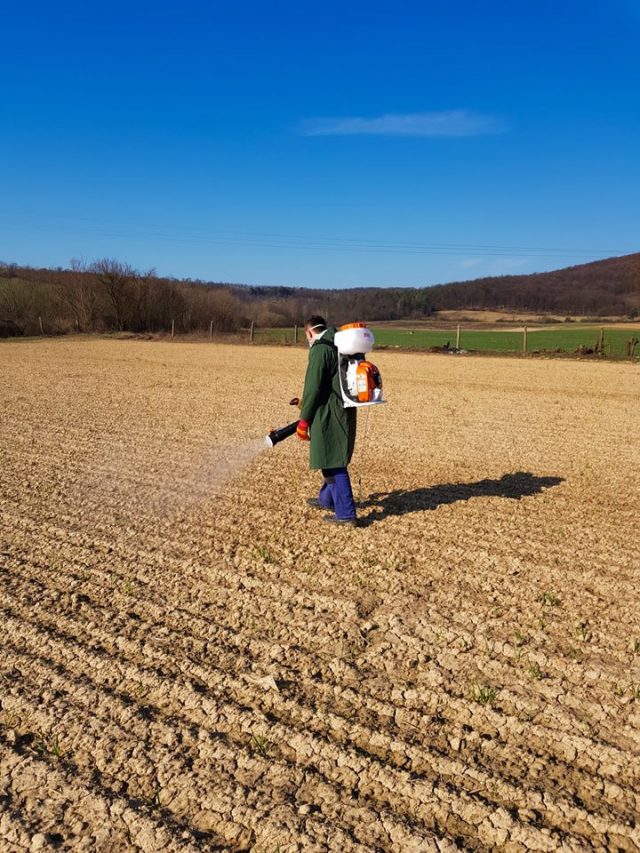
A regional employment agency sets up two integrative social enterprises to support and address the specific needs of disadvantaged and marginalised people with employment difficulties, providing skills development and work experience.
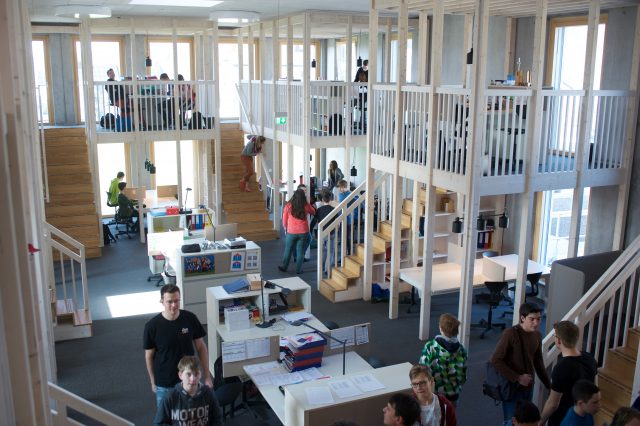
An evidence-based approach leads this school to stop using fixed classrooms and hours for its pupils while providing the latest technology and adapting to individual needs.